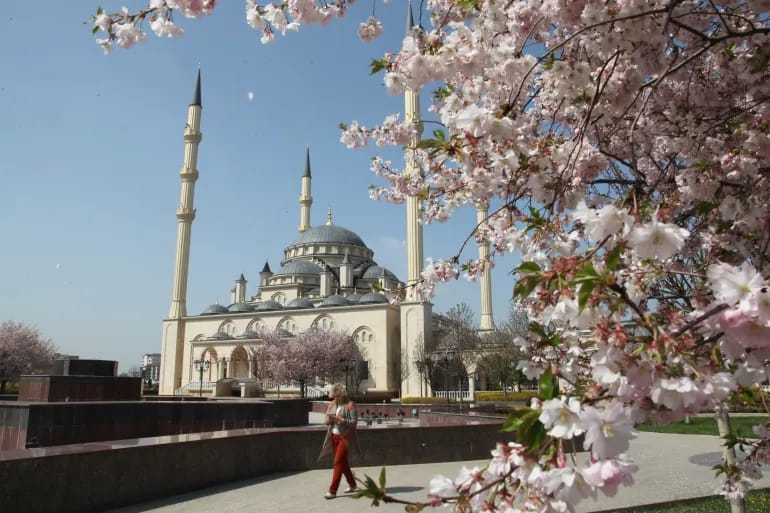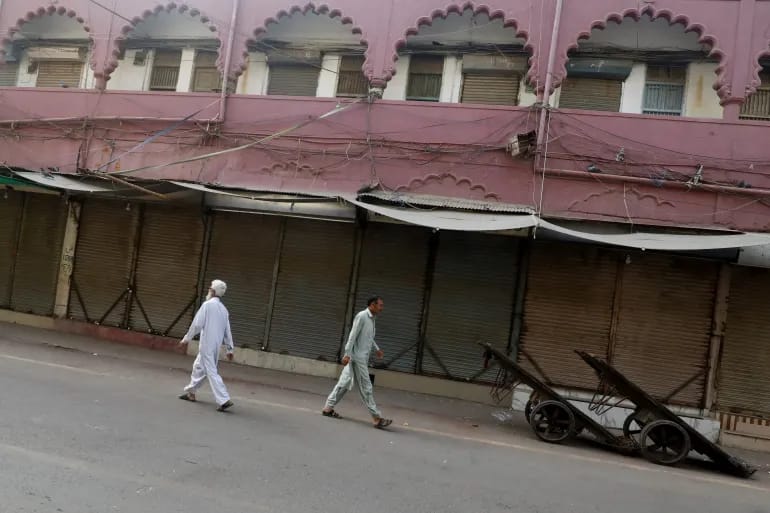Russia has embarked on a historic journey into the world of Islamic banking, initiating a two-year pilot program that officially commenced on September 1st. While Islamic financial institutions have existed in Russia due to its significant Muslim population, this marks the first time the country’s legislation has formally endorsed such a venture. Russian President Vladimir Putin paved the way for this historic change by signing a law on August 4th, aimed at assessing the feasibility of Islamic banking within the country. The pilot program is initially set to unfold in four Muslim-majority republics: Tatarstan, Bashkortostan, Chechnya, and Dagestan – regions already well-versed in Islamic finance. Should the program prove successful, Russia aims to expand Islamic banking regulations nationwide.
A Paradigm Shift in Banking Principles
The key differentiator of Islamic banking lies in its adherence to Shariah, the Islamic legal system that strictly prohibits transactions involving usury or interest, deeming it unjust. In contrast to conventional finance, which relies heavily on debt, Islamic banking operates on an asset-based model where profits and risks are shared between the financial institution and the client as part of a partnership. Madina Kalimullina, the executive secretary of the Russian Association of Experts in Islamic Finance, emphasizes that unlike conventional finance, Islamic banks cannot exploit clients’ financial difficulties or insolvency. Instead, Islamic finance fosters partnership-based relationships, a rarity in the conventional financial world. Furthermore, Islamic banking refuses to finance sectors harmful to society, such as alcohol, tobacco, and gambling. It also prohibits financing speculation, financial derivatives, or deals with no real asset, elements that have triggered global financial crises in the past.
The Driving Force Behind Russia’s Islamic Banking Ambitions
Russia’s decision to embrace Islamic banking stems from its awareness of the sector’s rapid growth, with an annual rate of 40 percent and a projected value of $7.7 trillion by 2025, according to Oleg Ganeev, Senior Vice President of Sberbank, Russia’s largest lender. However, Islamic financial institutions in Russia have faced obstacles due to the incompatibility of their principles with state support programs for mortgage financing and small and medium-sized enterprises, which predominantly rely on interest-bearing loans. The new law aims to address some of these obstacles, paving the way for further development in the Islamic finance sector. This monumental shift has been a long-awaited initiative, initially discussed in Russia after the 2008 financial crisis when banks sought alternative sources of capital. It gained momentum following the annexation of Crimea from Ukraine in 2014 and amid Western sanctions, further propelling Russia toward Islamic banking as an alternative source of funding.
Geopolitical Implications and Economic Prospects
Beyond the financial realm, this move carries significant geopolitical implications for Russia. Each crisis in recent years, including the war in Ukraine and Western economic pressure, has pushed Russia to diversify its economic ties away from the West and toward the East. Diana Galeeva, an academic visitor at Oxford University, underscores that while Islamic banking may have a relatively small direct impact on Russia’s economy compared to its energy revenues, it aligns with the nation’s ongoing pivot towards the East. The primary objective is to attract foreign investments, particularly from Middle Eastern countries with Shariah finance frameworks. This shift is expected to make Russia, particularly the pilot regions, more appealing to foreign investors.
Madina Kalimullina envisions the new program as a means to bolster asset-based financing and risk-sharing partnership relations, with small and mid-sized enterprises being the primary beneficiaries. These enterprises, often under-financed, stand to gain from the more real-economy-oriented approach of Islamic finance. As Russia ventures into the uncharted waters of Islamic banking, it opens doors to new economic possibilities while forging connections with economies in Muslim-majority countries, signaling a dynamic shift in the nation’s financial landscape.
















